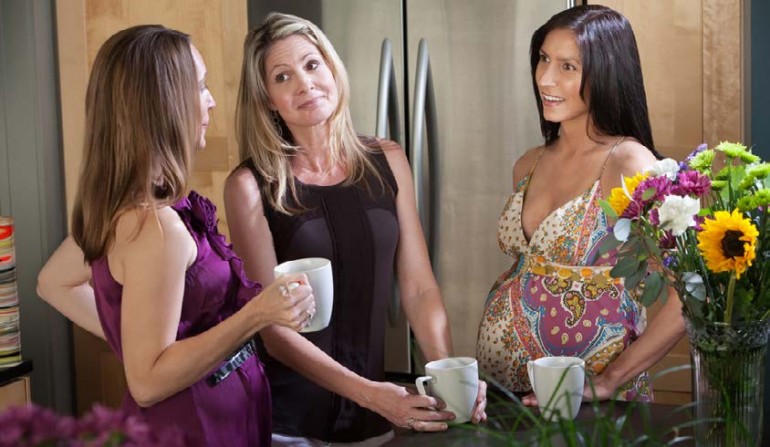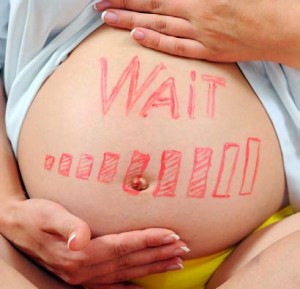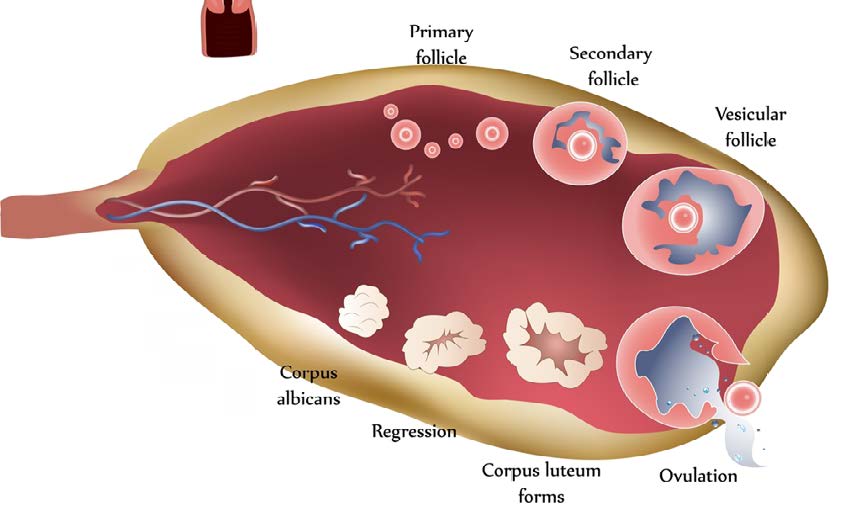
Egg freezing now allows fertile women to successfully store eggs for later conception
An interview with S. L. Tan, MD
It’s not always easy to choose when to have a baby. It’s even a greater problem for a woman reaching her mid thirties or beyond who:
1 Has no partner
2 Has a medical problem such as an autoimmune disease or multiple sclerosis in which the treatment can harm her eggs, or
3 Must face chemotherapy or other strong treatments for cancer and as a result loses her fertility and is thrown into early menopause.
I attended the annual meeting of the American Society for Reproductive Medicine (ASRM) in Boston and talked with Dr. S. L. Tan, Professor of Obstetrics & Gynecology at McGill University and Director of the Montreal Reproductive Center, and a world authority on egg freezing and in vitro fertilization. Here is what he had to say about egg freezing early to allow the best chance for a successful pregnancy in perimenopause or even beyond.
 A woman who wants to conserve her fertility can now freeze her eggs by a new rapid freezing process. To accomplish this, she must take daily injectable fertility medications for about 10 days and during that time come into the office a few times for blood tests and pelvic ultrasounds. When the follicle cysts that surround each egg reach a diameter of approximately 18 mm (about the size of a nickel) the eggs are removed with a thin needle placed through the back of the vagina using heavy sedation so it is not painful. The unfertilized eggs are then frozen for later use.
A woman who wants to conserve her fertility can now freeze her eggs by a new rapid freezing process. To accomplish this, she must take daily injectable fertility medications for about 10 days and during that time come into the office a few times for blood tests and pelvic ultrasounds. When the follicle cysts that surround each egg reach a diameter of approximately 18 mm (about the size of a nickel) the eggs are removed with a thin needle placed through the back of the vagina using heavy sedation so it is not painful. The unfertilized eggs are then frozen for later use.
The breakthrough is in a new freezing technique that is called “flash freezing” or “vitrification”. This technique prevents ice crystals from forming within the egg that could damage it. Flash freezing allows a woman’s eggs to be safely frozen for years and retain the same success rate upon thawing as she would have had years earlier at the time her eggs were removed.
The unfertilized eggs are frozen using a new technique called flash freezing or vitrification
Dr. Tan states that the success rate for women who use egg freezing when they are 35 and younger could be as high as 60% for one cycle and if a woman were to go though the egg retrieval process three times to collect sufficient eggs to later perform three in vitro fertilization cycles, that composite success could be as high as 90%. Certainly not 100%, but extremely high. For women 36 to 39 years of age, the optimum success for a cycle would likely be about 40% per cycle. This new approach can be a very helpful way to overcome a very problematic consequence of treatment and bodes well for women who must delay conception or who are prematurely thrown into perimenopause or menopause due to cancer treatment.


